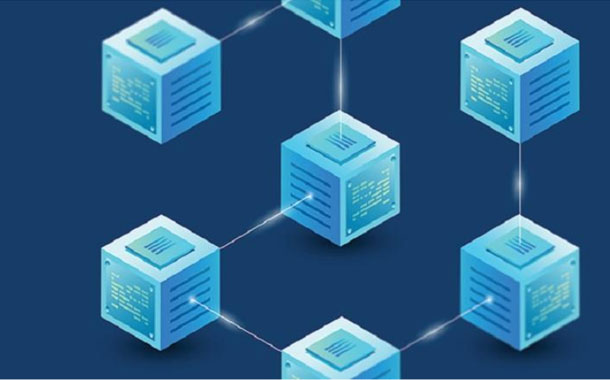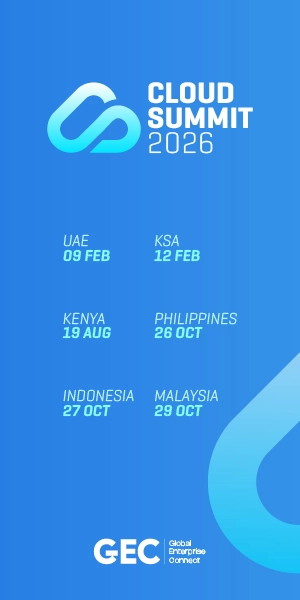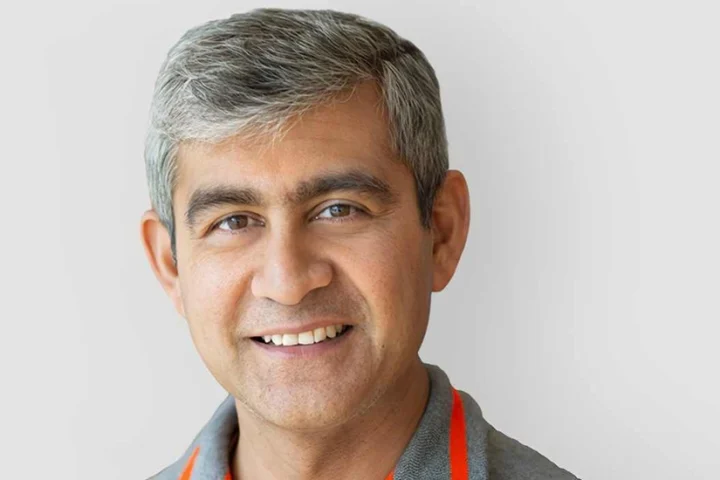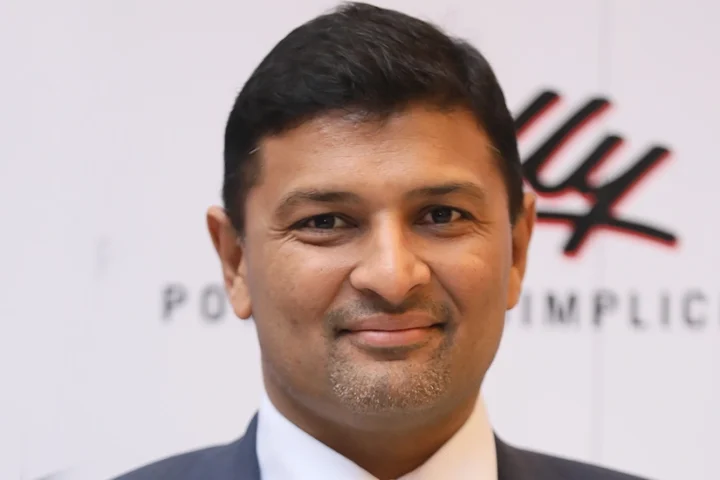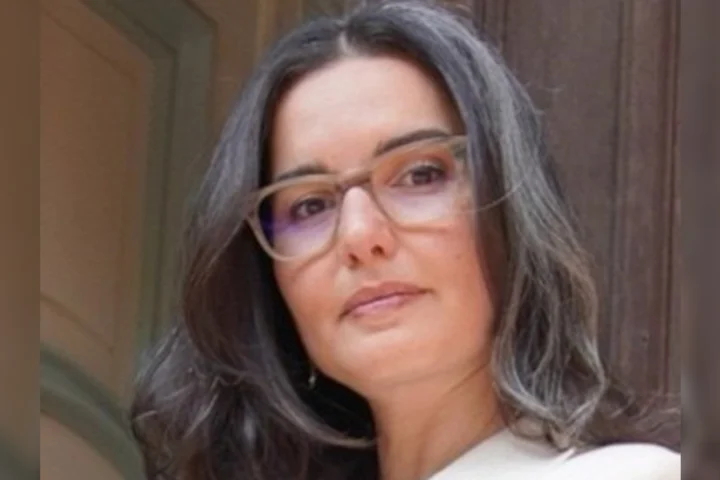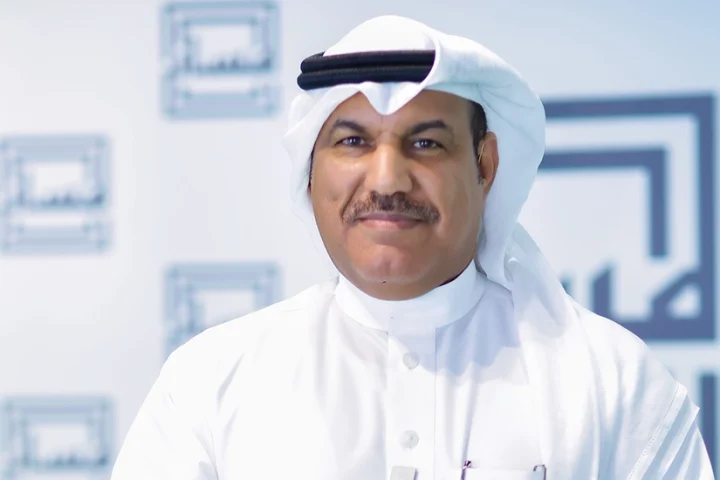The Ministry of Health and Prevention (MoHAP) has launched the first blockchain-based system to save and share assessment information of health professionals, including doctors, pharmacists and technicians, with local licensing health authorities.
The smart system, which will cover healthcare workers in public and private health facilities overseen by the Ministry, will help reduce resource consumption in terms of time and cost, and improve efficiency and data integrity.
Awad Saghir Al Ketbi, Assistant Undersecretary of the Support Services Sector, said: “The Ministry has successfully developed the necessary infrastructure for a blockchain-based decentralized database. In the first stage, we will link the evaluation of health workers system with public and private health authorities and other relevant institutions to create a single digital platform with an access to the portfolio of health professionals.
“The sophisticated platform comes in line with the ministry’s strategy to develop smart systems, provide the best smart e-services, ensure the happiness of customers and implement TRA standards, smart government enablers, and the United Nations E–Government Development Index” Al Ketbi added.
He stressed that the innovative project will support the Emirates Blockchain Strategy 2021, which aims to capitalise on the blockchain technology to transform 50 per cent of government transactions into a blockchain-based platform by 2021. This can be done through recording and documenting digital transactions using blockchain technology, besides allocating a distinctive imprint of digital data that cannot be hacked or changed. This huge development would increase the level of digital security of national data, reduce operational costs, paper transactions, and speed up the decision-making process, enhance the safety of patients and provide effective and efficient healthcare services.
For her part, Mubaraka Ibrahim, Director of Information Technology at the ministry said: “The blockchain technology offers a variety of benefits and advantages, including a decentralized database in which the stored data becomes unchangeable. The decentralized database delivers a high security level, in addition to an encryption feature to verify the authenticity and reliability of transactions, as data cannot be deleted, modified or lost.
“It will also help improve data and information validation and consistency, which in turn provides a high level of transparency and trust in the healthcare services sector. With immutable data, all health providers can access reliable information and help take appropriate decisions, automate workflow processes electronically, improve customer and employee experience, and boost operational performance” Mubaraka Ibrahim highlighted.
She added that the ministry is working to develop e-health services according to the smart government enablers’ index. It is mapping out operational plans to integrate digital technologies with smart applications, and improve the quality, safety and efficiency of healthcare, based on the big data management, predictive models and blockchain technologies.
“The Information Technology department at the ministry is looking forward to further improvements and developments to enhance the role of blockchain in licensing health professionals, and updating health workers’ data when obtaining a new certificate or practice. The blockchain technology can also be used to create a blacklist of doctors who violated the standards of the profession, in addition to building a register of medicines licensed and other features that contribute to improving the digital healthcare system”, Mubaraka Ibrahim concluded.


